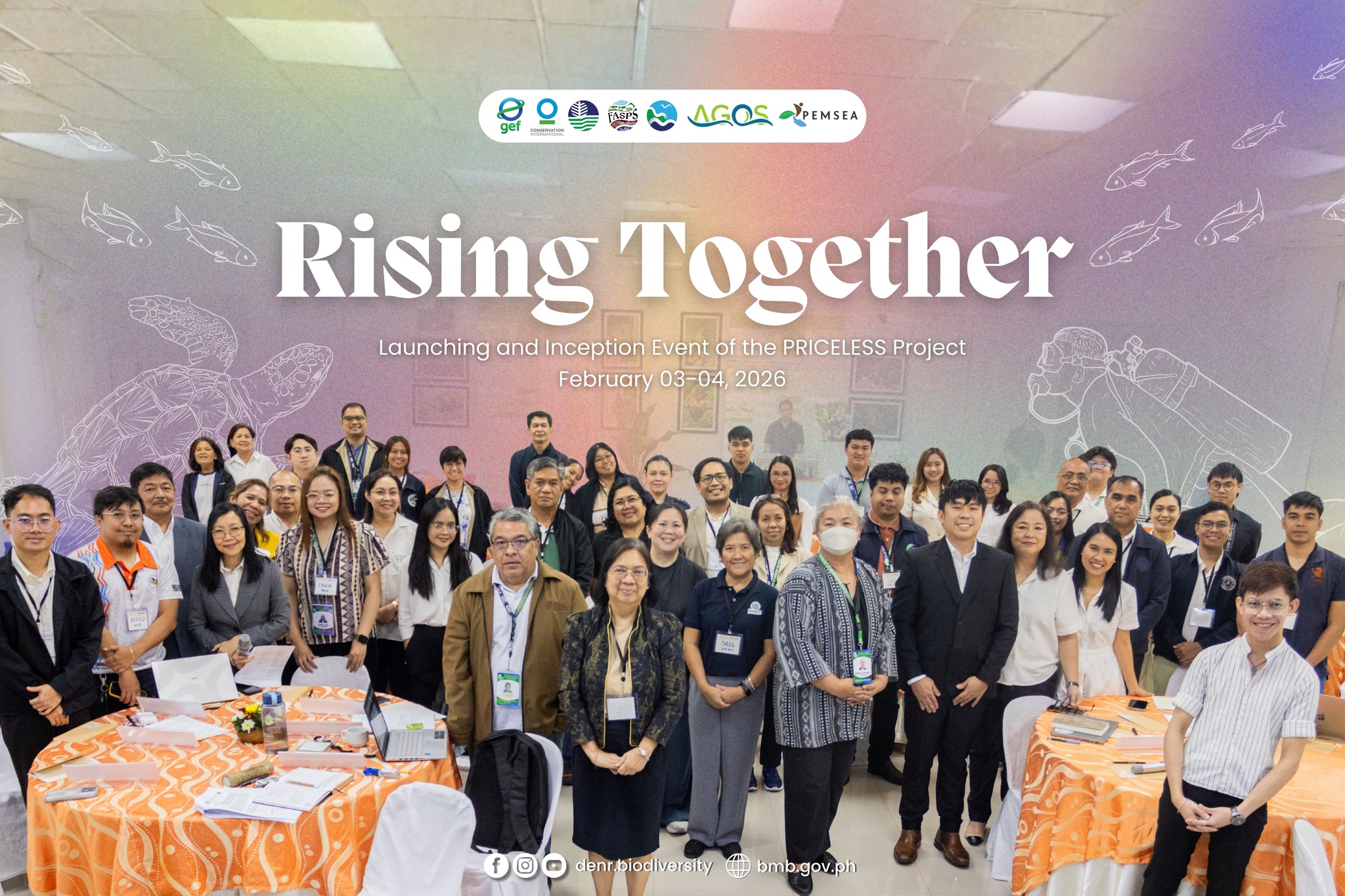Link Between Business and Biodiversity Highlighted in International Biodiversity Forum
Saturday, 16 October 2010

Manila, Philippines — Business and biodiversity experts from Southeast Asia and Japan gathered at the "Business Opportunities in Biodiversity International Conference and Exhibition" in Manila, Philippines, on 8 October to raise the business sector's awareness on the values of biodiversity and encourage corporations to support conservation initiatives.Organized by the ASEAN Centre for Biodiversity (ACB) in cooperation with the Philippines' Department of Environment and Natural Resources, the European Union and the Association of Southeast Asian Nations, the conference featured discussions and presentations on the impact of biodiversity on business sustainability. Media partners are BusinessMirror and the Global News Network.The conference, which forms part of the global celebration of the International Year of Biodiversity, highlighted the clear link between business and biodiversity. "At first glance, people do not recognize the crucial connection between business and biodiversity. Business is perceived to be detached from biodiversity. Biodiversity, however, knows no boundaries, cutting across all sectors - the business sector included," Mr. Rodrigo U. Fuentes, Executive Director of the European Union-funded ACB, said.In his message, Environment Secretary Ramon J.P. Paje urged small and medium enterprises in the Philippines to be actively involved in business and biodiversity activities. "Business operations impact on biodiversity, directly or indirectly, and it is only fitting that biodiversity should likewise influence business. Indeed, many big corporations have been contributing to biodiversity protection and conservation. But because there are not very many big corporations, we would like to see the more numerous medium and small enterprises get actively and positively involved in biodiversity promotion," he said. Secretary Paje added that "Indeed, medium and small operators have had a significant impact on biodiversity, albeit negatively. This is apparent from the profile of participants in illegal trading in endangered species - from the poachers, transporters and middlemen, to restaurants, makers of traditional medicines, pet shops, et cetera. Even simple folks who may not have the intent to harm endangered species, can indirectly do damage, by intruding into and reducing their habitats, as swidden or kaingin farmers do when they clear forests for farms. Those who contribute to global warming can also disrupt marine ecosystems through coral bleaching."The conference featured presentations on biodiversity and its current situation in the region, and actual business case presentations by selected corporations from Japan and Southeast Asian countries.Resource persons were Dr. Mario Tabucanon, Visiting Professor, United Nations University - Institute of Advanced Studies, and advisor, Executive Board, the Sirindhorn International Environmental Park Foundation; Dr. Naoki Adachi, Executive Director, Japan Business Initiative on Biodiversity; Atty. Darwin Mariano, Public Affairs Director - Philippines and Asia, CEMEX Asia Pte. Ltd.; Mr. Satoshi Nimura, Chair, Nimura Genetic Solutions, Japan; Mr. Jose Reaño, Managing Director, Broadchem Corporation; Mr. Atsuhisa Takahashi, President, Corporate Environmental Strategy Unit, Fujitsu Limited, Japan; Mrs. Srisurang Massirikul, Social and Environment Division Manager, PTT Public Company Limited, Thailand; Dr. Berthold Paul Seibert, Project Manager, GTZ-ACB Biodiversity and Climate Change Project; and Mr. Vincent de Paz, Corporate Environment Officer, Holcim Philippines, Inc.Participants and exhibitors include government agencies responsible for promoting cooperation between business and biodiversity conservation; companies with corporate social responsibility initiatives focused on natural resource and environmental management, and biodiversity conservation; and international and regional institutions that support and encourage linkages between governments and the private, sector as well as those who promote business and biodiversity initiatives.The international conference was held back-to-back with the 3rd ASEAN-Plus-Three Leadership Programme on Sustainable Production and Consumption (SPC) organized by the United Nations University-Institute of Advanced Studies (UNU-IAS), the Department of Environment and Natural Resources of the Philippines, the Association of Southeast Asian Nations (ASEAN) Secretariat, and ACB on 6-7 October 2010. The two-day event is a critical step toward equipping business and industry leaders with the necessary know-how and tools needed to contribute their share in ensuring sustainable development in their own backyards.




